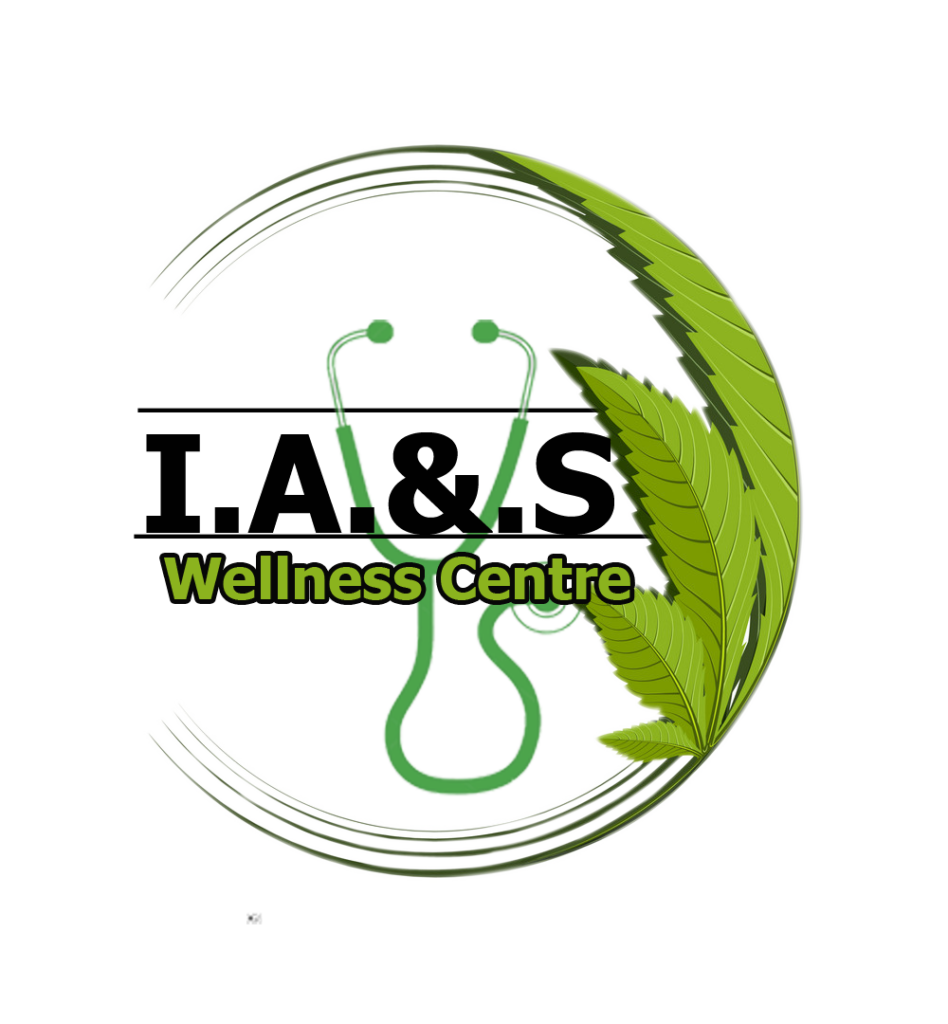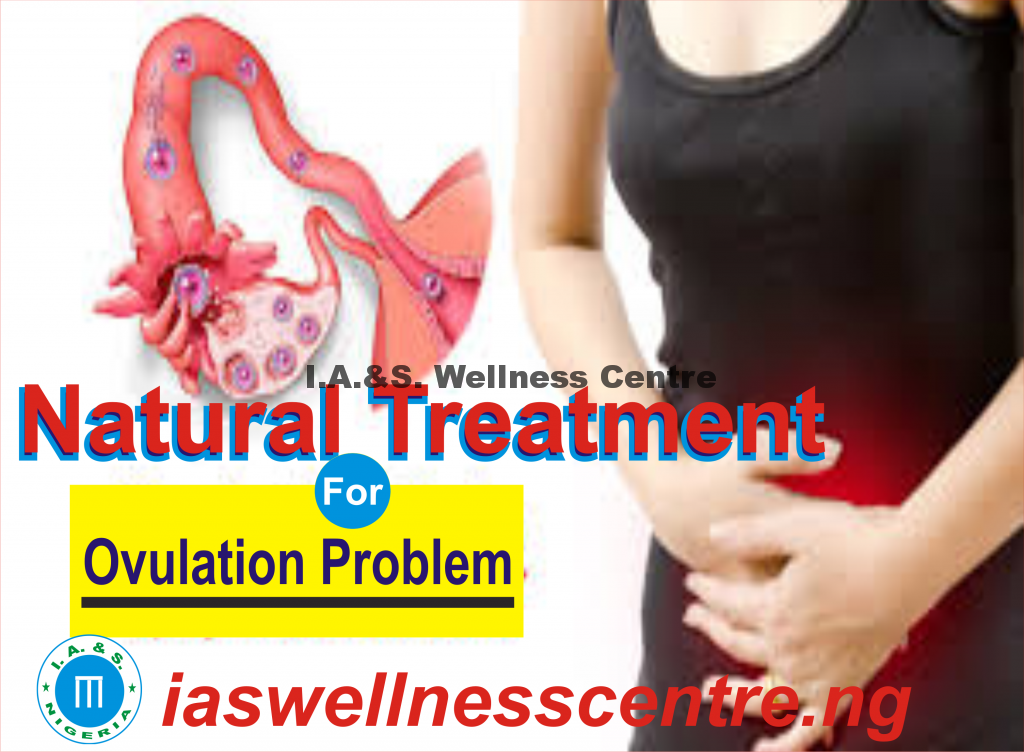OVULATION
Ovulation is the name of the process that happens usually once in every menstrual cycle when hormone changes trigger an ovary to release an egg. You can only become pregnant if a sperm fertilises an egg. Ovulation usually happens 12 to 16 days before your next period starts.
The eggs are contained in your ovaries. During the first part of each menstrual cycle, one of the eggs is being grown and matured.
As you approach ovulation, your body produces increasing amounts of a hormone called estrogen, which causes the lining of your uterus to thicken and helps create a sperm friendly environment.
These high estrogen levels trigger a sudden increase in another hormone called luteinising hormone (LH). The ‘LH’ surge causes the release of the mature egg from the ovary – this is ovulation.
Ovulation normally occurs 24 to 36 hours after the LH surge, which is why the LH surge is a good predictor of peak fertility.
The egg can only be fertilised for up to 24 hours after ovulation. If it isn’t fertilised the lining of the womb is shed (the egg is lost with it) and your period begins. This marks the start of the next menstrual cycle.
WHAT IS THE DIFFERENCE BETWEEN OVULATION AND FERTILE DAYS?
While an egg only survives for up to 24 hours, sperm can remain active for up to five days. It may therefore be surprising to learn that a couple can conceive through sexual intercourse four to five days before the egg is released.
The total ‘fertility window’, taking into account the lifetime of both the sperm and the egg, is about six days. The ‘fertile days’ are all the days during your menstrual cycle when you have the ability to become pregnant if you have unprotected sex.
Identification of additional fertile days provides couples with more flexibility to plan intercourse around their lifestyle and also more opportunities to conceive, which may reduce the pressure that couples can experience when trying to get pregnant.
WHEN IS A WOMAN MOST FERTILE?
The days during each cycle when you are most fertile, and therefore most likely to get pregnant from unprotected sex, are the day of ovulation and the day before – these are the two days of peak fertility. There are also a few days before this when you experience high fertility and also
have an opportunity to get pregnant. Outside this ‘fertility window’ of about six days, the chances of getting pregnant are low.
WHEN IS OVULATION?
Menstrual cycle length varies from woman to woman and from cycle to cycle but is typically between 23 and 35 days. Ovulation usually happens 12-16 days before the next period. Many women think that they ovulate on day 14 but this is just an average. Most women will actually ovulate on a different day of the menstrual cycle, and this will also vary from cycle to cycle. In fact, 46% of menstrual cycles vary by seven or more days.
Some women claim to feel a twinge of pain when they ovulate, but many feel no sensation at all and there are no other physical signs of ovulation. To get pregnant, it’s important to have intercourse on your fertile days; if you want to find out when are your most fertile days, it’s important to get to know your own body and your own personal menstrual cycle.
WHAT ARE THE SYMPTOMS AND SIGNS OF OVULATION?
Before and during ovulation, hormonal shifts can affect the entire body. You may experience various symptoms of ovulation—including breast tenderness, moodiness or headaches, but if you don’t notice any ovulation symptoms, don’t worry. It doesn’t mean you’re not ovulating. “Most women have no clue,” Moore says. If you can learn to recognize the common signs of ovulation listed below, it could help you predict when ovulation is likely to occur.
1. CERVICAL MUCUS CHANGES
As you near ovulation, your body produces more estrogen, causing cervical mucus to become stretchy and clear, like egg white, which helps sperm swim to the egg that’s released during ovulation. Cervical mucus changes happen in most women, Moore says, but you have to know what you’re looking for. The amount of cervical mucus and what it looks and feels like varies from woman to woman. To test it for ovulation, insert a clean finger into your vagina, remove some of the mucus and then stretch out the secretion between your thumb and finger. If it’s sticky and stretchy or very wet and slippery, that’s a good sign that you’re in a fertile phase.
2. HEIGHTENED SENSE OF SMELL
For some women, a more sensitive sense of smell in the latter half of a normal menstruation cycle can be a sign of ovulation. In this fertile phase, your body is primed to be more attracted to the male pheromone androstenone.
3. BREAST SORENESS OR TENDERNESS
Breast and nipple sensitivity, tenderness or soreness can be another sign of ovulation, thanks to the rush of hormones entering your body right before and after ovulation.
4. MILD PELVIC OR LOWER ABDOMINAL PAIN
Some women can actually feel ovulation—typically as a mild ache or pain in the lower abdomen, usually on one side or the other (not the same side each time). The sensation, called Mittelschmerz, can last anywhere between a few minutes and a few hours. You might also experience light vaginal bleeding, discharge or nausea along with the ache or pain, which is usually mild and short lived.
5. LIGHT SPOTTING OR DISCHARGE
Brown discharge or spotting during ovulation is normal if not that common. This ovulation symptom can occur when the follicle that surrounds and protects the developing oocyte, or egg, matures, grows and then ruptures, resulting in a small amount of bleeding. As blood gets older, it turns brown, which is why the vaginal discharge may range from red to dark brown. It’s not a cause for concern unless the spotting persists, in which case you should see a physician to check for signs of infection and the possibility of an ectopic pregnancy if you’ve been sexually active.
6. LIBIDO CHANGES
Some women notice that their sex drive increases during ovulation, which might be Mother Nature’s way of ensuring we keep the species alive and well! But, as Moore says, “sex drive can be influenced by just about anything, including whether you had a glass of wine or are just in the mood.”
7. CHANGES IN THE CERVIX
During ovulation, your cervix may become higher, softer and more open. You can check your cervix, along with your mucus, for ovulation symptoms, but it can take time to learn the differences you’re feeling for and is often more difficult than watching for the other symptoms mentioned above. If you’d like to try and get more comfortable checking for cervical changes as a sign of ovulation, Moore recommends standing in whatever position you use to insert a tampon (for example, next to the toilet with one foot up on the closed seat) and using your finger to feel inside. In many women with a regular cycle, right before ovulation the cervix will be softer, like touching your lips, but after ovulation it will feel harder, more like touching the tip of your nose.
HOW TO TRACK OVULATION
Using ovulation urine tests
Tracking your physical symptoms for a few cycles, including your basal body temperature and cervical fluid
Checking your hormonal profile (by testing a sample of your blood, taken during your mid-luteal phase)
So, How Can I.A.& S. Wellness Centre Help Me To Boost My Ovulation Naturally?
The Best And Working Solution Is: OVULATION SOLUTION KITS
TREATMENT DURATION: 1 MONTH
PRICE OF OVULATION BOOSTING TREATMENT: 30,000
ARE YOU OUTSIDE LAGOS OR OUTSIDE NIGERIA?
There are 2 options available in getting the treatment kit across to you anywhere you are
1st Option: Come to our office and pick up the treatment kit. People outside Lagos can send a representative in Lagos to pick it up for them.
2nd Option: We do ship the treatment kit to people nationwide to all states in Nigeria and all countries in the world.
Click here to see are evidences of deliveries. The treatments kits we have shipped to people both within Nigeria and outside Nigeria: iaswellnesscentre.ng/deliveries/
*For shipping you will pay to our company’s account. Then we will ship it to you under 24-48 hours if you live in Nigeria.
*It takes 5-7 days for international delivery (we use EMS, DHL etc).
SHIPPING IS FREE OF CHARGE WITHIN NIGERIA.
INTERNATIONAL SHIPPING IS NOT TOTALLY FREE BUT ATTRACTS 50% DISCOUNT
OUR ADDRESS:
3rd Floor, 473, Lagos-Abeokuta Express Way, Old UBA Building Beside NNPC,, U-turn Bus Stop, Abule Egba, Lagos, Nigeria.
Mon – Friday (9.00 a.m. – 5.00 p.m.) Nigerian Time
Saturday (10.00 a.m. – 2.00 p.m.) Nigerian Time
Our Office is Close on Sunday but you can Whatsapp, Call, Email Us.
WHATSAPP: (+234)-8038690104
CALL: 08038690104 OR +234-8038690104
EMAIL: [email protected]
WAYS TO GET THE OVULATION SOLUTION KIT
There are 2 ways to get the kit across to you.
1- Come to our office and pick it up. People outside Lagos can send a representative in Lagos to pick it for them.
2- Alternatively, we ship nationwide to all states in Nigeria and all countries in the world.
Pay to the company’s account. We will ship it to you under 24-48 hours if you live in Nigeria.
It takes 5-10 working days for international delivery (we use EMS, DHL etc).
DELIVERY IS FREE OF CHARGE
*Free of charge delivery within Nigeria
*International delivery will only enjoys 50% discount of the delivery cost (50:50).
At I. A. & S. Wellness Centre, we have well trained staff members to guide you.
We also offer these treatments:
- Abdominal pain Natural Treatment
- Abnormal Vaginal bleeding Natural Treatment
- Acquired Immunodeficiency Syndrome(AIDS) natural treatment Adhesion natural Treatment
- Amenorrhea Natural Treatment
- Anemia natural Treatment
- Arteriosclerosis and Atherosclerosis Natural Treatment
- Appendicitis Natural Treatment without surgery
- Asthma Natural Treatment
- Bleeding Natural Treatment
- Body Cleansing and Detoxification
- Candidiasis Natural Treatment
- Cancer and Natural treatment
- Causes of ovarian cysts and ovarian tumors and their natural treatments
- Cervical Polyps Natural Treatment
- Cholesterol high Natural Treatment
- Chlamydia Infection Natural Treatment
- Diabetes Natural Treatment
- Diverticulitis Natural Treatment
- Ectopic pregnancy
- Endomentriosis Natural Treatment
- Female Infertility Natural treatment
- Fibroids Natural Treatment (without surgery)
- Fibrocystic Breast Natural Treatment
- Gallstones Natural Treatments
- Glaucoma Natural Treatment
- Hormonal imbalance Natural Treatment
- Hypertension Natural Treatment
- Insomnia Natural Treatment
- Kidney disease Natural Treatment without surgery
- Kidney stones Natural Treatment without surgery
- Male infertility Natural Treatment
- Menopause Natural treatment
- Mouth odor and Cancer Natural treatment
- Obesity Natural treatment
- Ovarian cyst and Natural treatment
- PCOS (polycystic Ovary syndrome)Natural treatment
- Parkinson disease Natural treatment
- Prostatitis Natural cure
- Prostate cancer Natural treatment
- Polyps Natural treatment
- Pelvic Inflammatory disease Natural treatment
- Sexually Transmitted Natural treatment
- Stomach yeast Infection Natural treatment
- Toothache Natural treatment
- Tuberculosis Natural treatments
- Vericocele natural treatment (without surgery)
- Vaginitis Natural treatment
- Vaginal Infection and Natural treatment

